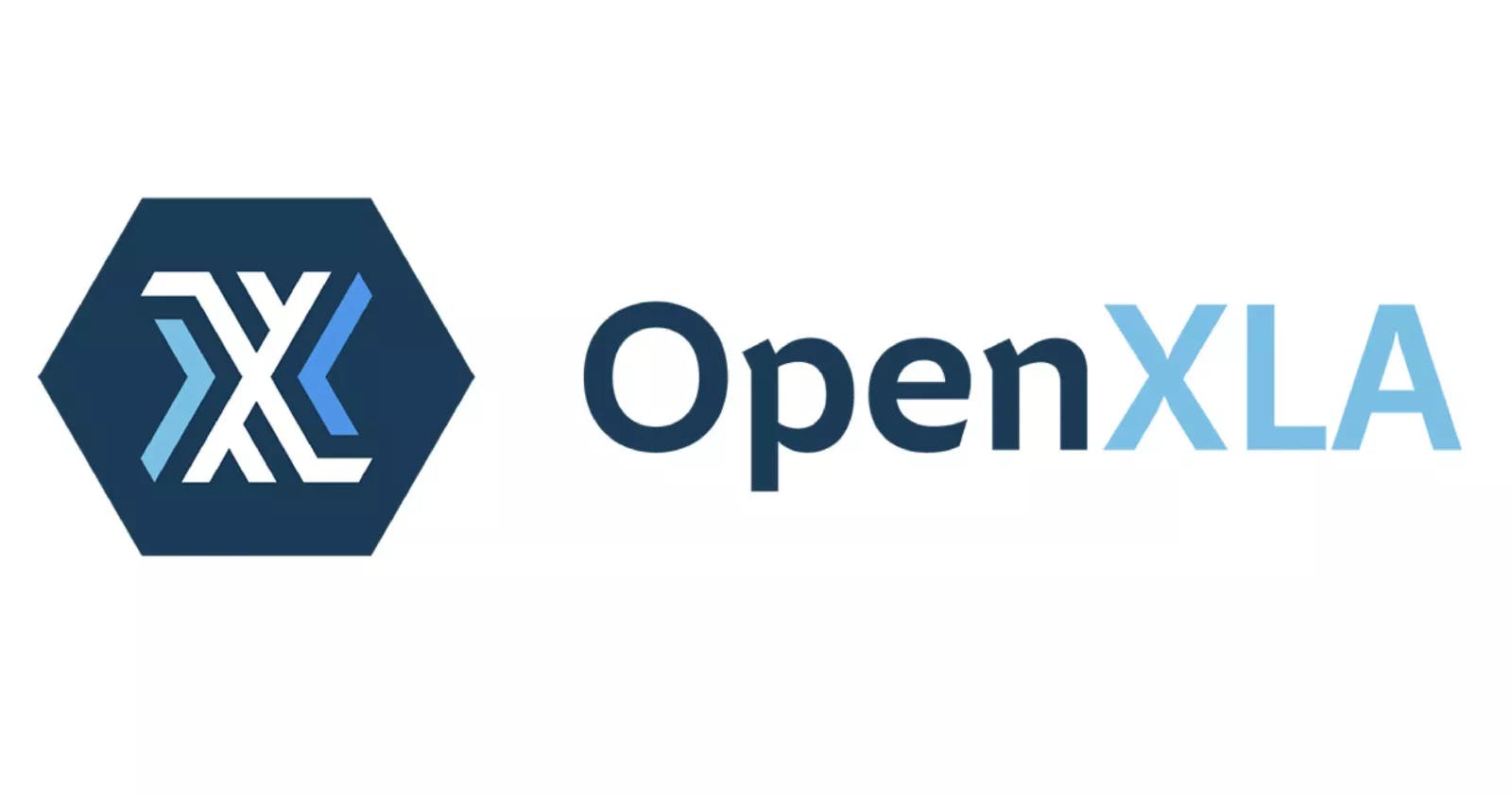OpenXLA: The Open-Source Compiler Simplifying AI Development
Streamlining AI Development: OpenXLA - The Universal Compiler for Efficient Model Creation
Artificial Intelligence (AI) has revolutionized numerous industries, driving the demand for more powerful hardware. However, the multitude of hardware architectures available from different manufacturers has posed a significant challenge for AI developers. The process of developing AI models for each hardware platform becomes tedious and time-consuming. To address this issue, Google has introduced OpenXLA, an open-source compiler that provides a solution to this exact problem. OpenXLA aims to increase accessibility for AI developers, simplify the development process, and offer cross-compatibility across various hardware and deep learning libraries.
One of the primary advantages of OpenXLA is its hardware and library-agnostic nature. This means that developers can utilize OpenXLA regardless of the hardware they are using or the deep learning libraries they prefer. This flexibility eliminates compatibility concerns and empowers developers to focus on creating AI models rather than navigating complex hardware dependencies.
OpenXLA offers an out-of-the-box experience, enabling developers to quickly embark on their AI development journey without being limited by hardware availability. With OpenXLA, developers can seamlessly transition between hardware stacks, including AMD GPU, NVIDIA GPU, and Google's TPU, ensuring that they can make the most of their existing infrastructure and choose the best hardware for their specific needs. This accessibility empowers developers to accelerate their AI projects and bring their ideas to life with minimal barriers.
The mix-and-match approach to deep learning frameworks and application-specific integrated circuits (ASICs) can be daunting and time-consuming. OpenXLA aims to streamline the development process by minimizing the effort required to work with different frameworks and ASICs. By leveraging OpenXLA, developers can focus their efforts on building robust AI models rather than dealing with compatibility issues or the complexities associated with diverse hardware architectures.
While Microsoft's NNFusion provides an alternative to OpenXLA, the unique advantage of OpenXLA lies in its collaborative nature. OpenXLA is a joint effort between Google and several companies in the semiconductor and AI field. This collaboration ensures that OpenXLA benefits from a wide range of expertise, incorporating diverse perspectives and insights. Moreover, OpenXLA's cross-compatibility feature allows developers to freely select their preferred deep learning frameworks and hardware stacks, thereby fostering a vibrant ecosystem and encouraging innovation in the AI community.
As AI continues to gain popularity, the demand for powerful hardware remains constant. OpenXLA, an open-source compiler developed by Google in collaboration with industry leaders, offers an effective solution to the challenges faced by AI developers. By providing accessibility, simplifying development efforts, and ensuring cross-compatibility, OpenXLA empowers developers to focus on their AI models rather than hardware intricacies. With OpenXLA, AI development becomes more efficient, and innovation in the field is further accelerated, benefitting industries and society as a whole.
